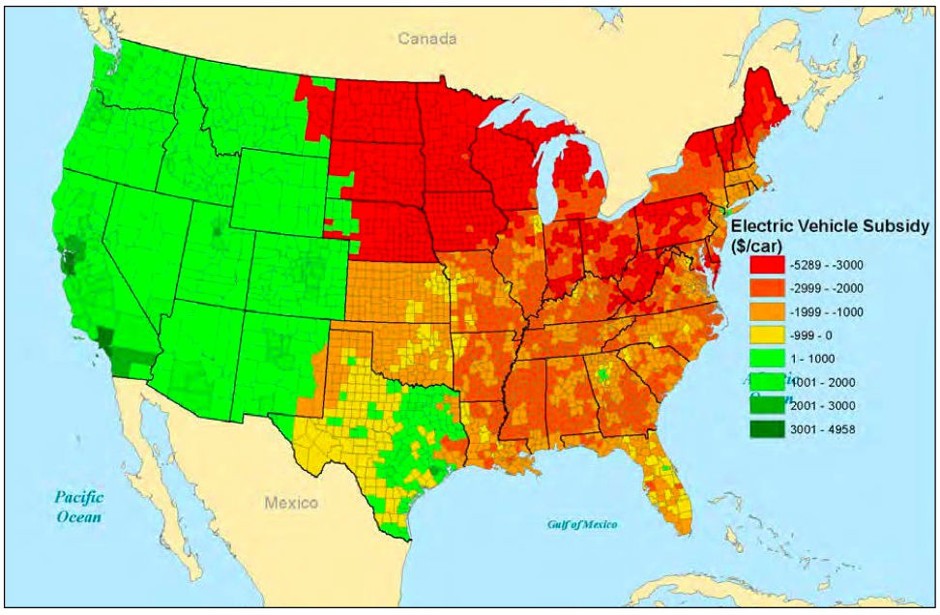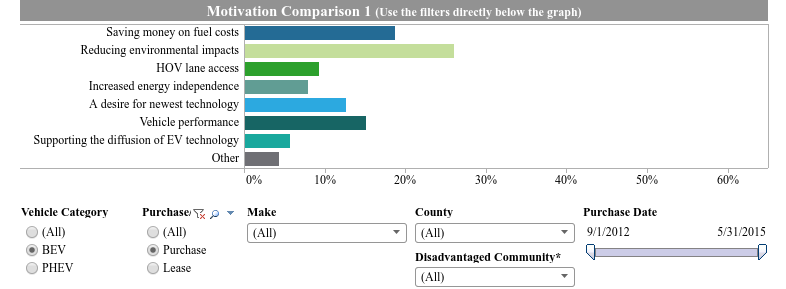There are several obstacles to pure EVs, but it seems like Tesla is overcoming them one at a time. Obstacle #1 is the cruising range, but if you can get 200+ miles on a charge instead of the 30-50 in the past, that's huge. And it looks like the price point is being solved as well; at $35K it's borderline affordable, and with economies of scale and mass production that cost should continue to fall.
At least two big problems remain: The need to eventually replace batteries (very expensive) and the time it takes to recharge the vehicle -- not to mention the availability of "fast" charging stations.
Thes are indeed obstacles, to 100% market share.
They are not issues at all for some portion of the market.
As improvements are made, the percentage of the market for whom they pose no issues will grow.
It will never reach 100%. Likewise, it will always be more than 0%.
As the improvements you mentioned are implemented, and people start exploring the "new kid on the block", market share will grow.
This is why I believe plugin market share will surpass hybrid market share.
This is also part of the reason I support the idea that EVs will help create an oil glut similar to the one we have now.



